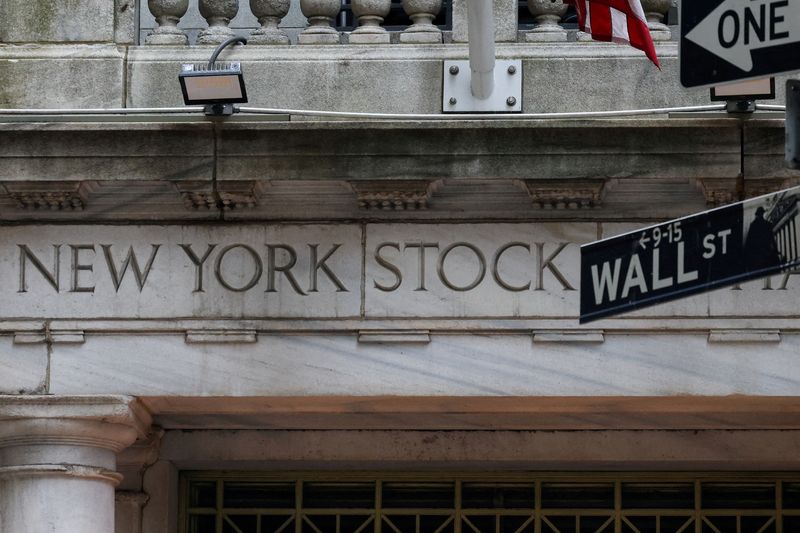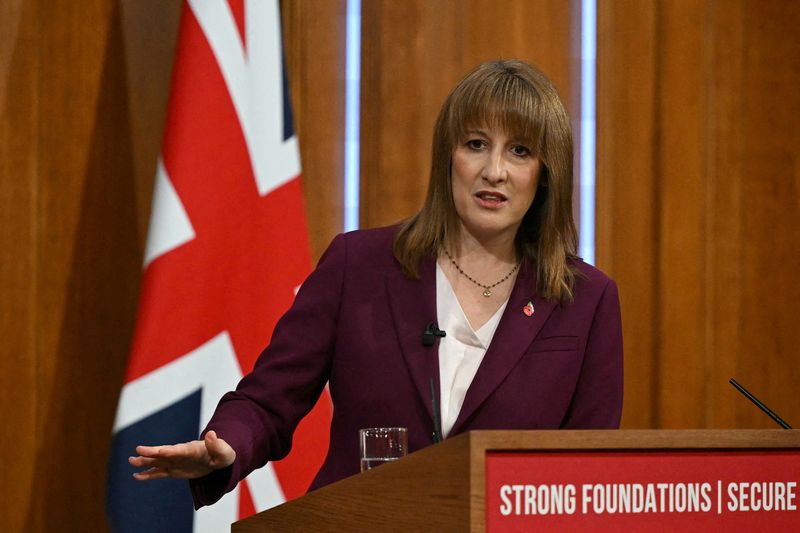Italy’s economy not in recession, ISTAT official says
PositiveFinancial Markets

Italy’s economy not in recession, ISTAT official says
Italy's economy is not in recession, according to a recent statement from an ISTAT official. This news is significant as it suggests stability in the Italian economy, which has faced various challenges in recent years. The confirmation of economic growth can boost investor confidence and encourage spending, which is crucial for recovery and long-term prosperity.
— via World Pulse Now AI Editorial System







